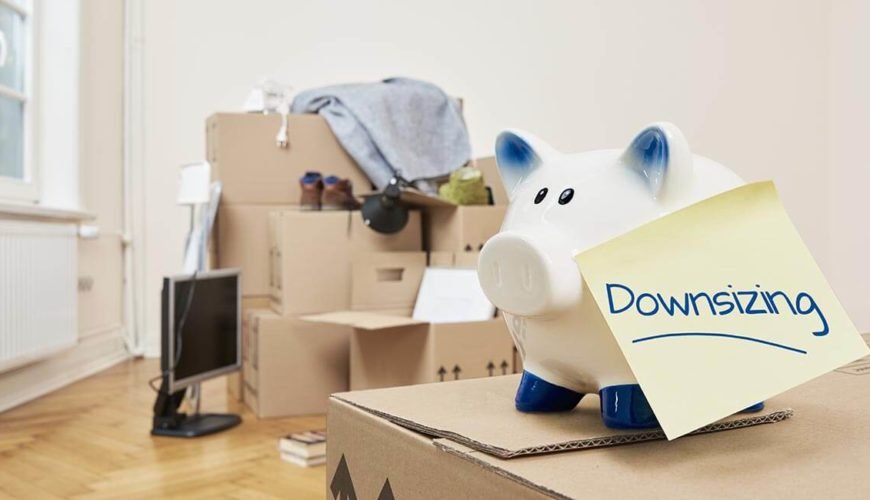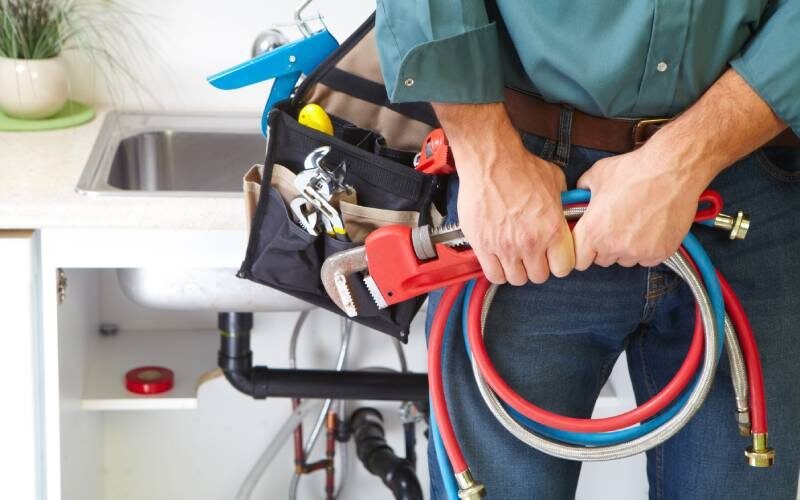Downsizing is a process that you might be going through at the moment, so you might want some hints and tips on the intricacies of moving into a smaller home. Whether you have concerns about furniture fitting or you are wondering how you are going to take into account things that are easily forgotten, such as bills, you are going to want to make sure that you are getting the space to breathe too. To give you a starting point, here are five things that can help you reduce stress levels when you are downsizing.
#1 You are going to need to plan your space
It might seem obvious, but at the top of the list is making sure all of your worldly possessions fit in your new, smaller house. This is a common mistake many people who are downsizing make, as they don’t think that they are going to need to get rid of as much furniture as they do. This can be a stressful period, especially if you are thinking about downsizing massively.
There are a lot of things that you might find to difficult to store, especially if you don’t have access to a garage or an attic space to move things to temporarily. You might actually find it beneficial to look into Salem portable storage solutions. This can help you when it comes to holding your furniture to go on-site, and can help you gain some extra space for shifting around rooms more effectively until you are happy.
#2 make sure you look at a range of different properties
What you want and what you need aren’t always the same thing, so you might find that what you asked for is entirely wrong. Keep an eye on your budget, but also make sure that you are looking at the kinds of property you might normally turn your nose up at. If you want to downsize from an eight-bedroom home to a five-bedroom home, you might actually find that it is too much space to handle, especially if you are downsizing due to your age and the space you are able to manage.
Yes, you might not have the amount of house that you are used to, but you might find that it is a blessing in disguise, as you may find that a smaller property is less expensive, in a nicer area, and is much more suited to your tastes. For that reason, you should keep your options open and remember that you are downsizing, so you have the freedom to do this without too much hassle.

#3 Have in mind what you are going to sell on
This is something that is really important to the whole process of letting go. If you are reducing the amount of square footage but not the room numbers, you might find it is better to shave off little by little of what you have in each room now, and figure out what you can and can’t live without.
If you are cutting down on the number of rooms, then if you have to be a bit more brutal, you can pick what you prefer, whether it is style or emotional value to you. This can really help you out when it comes to actually move. The only thing that will change is the layout and the extra room, not the removal of furniture – which can be a big change to get accustomed to. You would be surprised at the amount of stress this can actually cause, but by cutting it down gradually, you can slowly get used to it. You might also earn some extra cash on the side.
#4 You need to make sure that you are planning well
You might find that this is really important to your piece of mind. Planning can be a great thing, especially if you are generating a flexible plan that can help you work more intelligently, and something you can easily slip back into if you are hit with something unexpected.
You can also make some stricter plans, such as food for the date of your move, how gradual the process is going to be, and ensuring that you are making the most of the time that you have to rest. You are going to need to take breathers in a stressful situation like moving, especially if you are getting older, and you need to make sure to get all of the space you need.
This process can move a lot faster-paced than you might like, so you should be taking breaks out of your schedule and having them as a fixed time to sit down and just relax.
#5 You need to remember your budget
This was touched on briefly beforehand. You want to make sure that you are keeping an eye on your budget for the move. This means moving company prices, gas, shopping for when you get there, additional furniture, and other services that you might be using, such as cleaners and contractors that you might use to set your new home up.
In all of this, you should also budget for your utilities, to make sure that you can cover your first bill before it even arrives in the post. You are going to need to ensure that you are saving up enough to cover what you need to with some money set aside for emergencies or a bill that was forgotten. Having this box ticked helps you focus on getting yourself moved in and settled, without having to be hit with new stress after new stress, which is the last thing you want in a new house.
It also allows you to begin to save up for the bills thereafter, so you are already one step ahead. This is something that you are going to need to make sure that you organize, as it can be easy to forget in the midst of everything else going on.




